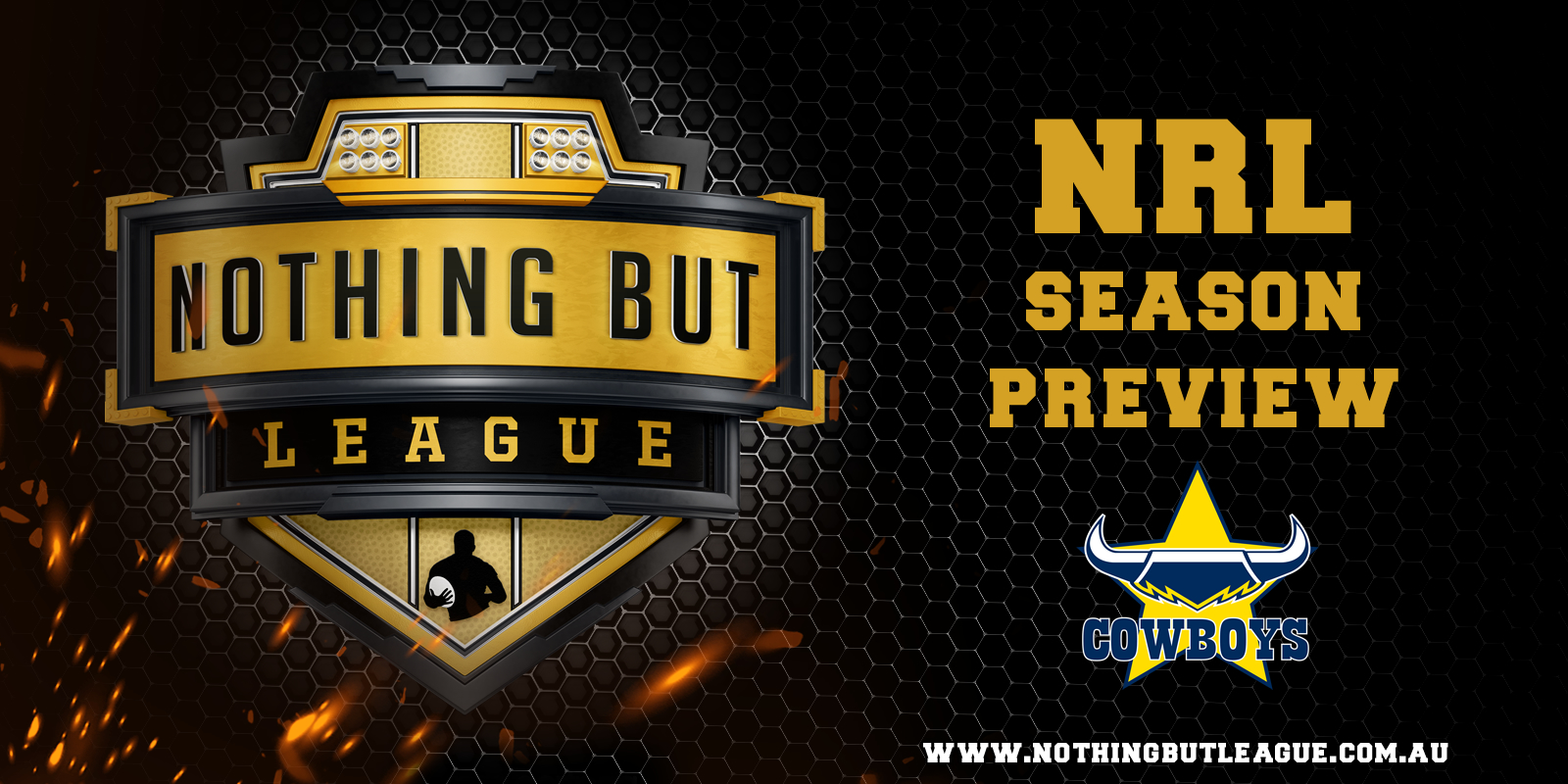The National Rugby League have decided against any new rules for the 2023, opting for amendments to the current rules. Four days out from the season opener, we take a look to see what this means for the competition.
Interpretations taken from NRL website.
Captain’s Challenge
New Interpretation: A challenge may be initiated after the referee blows his whistle to stop play, rather than only after a decision resulting in a structured restart. Decisions which cannot be challenged will continue to include forward passes, roll balls and discretionary penalties including 10m offside, ruck infringements relating to play-the-ball speed, tackled into touch after held call and dissent.
A Challenge can be made following the final play in each half provided the referee has not already called half or full-time. The changes will add further clarity for fans, broadcasters, Clubs and players around when a Captain’s Challenge can and cannot be initiated.
How will this change the game? This will greatly simplify the rules around when a captain’s challenge, making it easier for players, officials, broadcasters, and fans to understand what can and can’t be challenged. This should also prevent a repeat of the incident that marred the match between North Queensland and Wests Tigers in Townsville in 2022.
Grounding the Ball to Score a Try
New Interpretation: Tries will now be awarded if the ball rotates from the hand to the wrist or forearm provided there is no obvious separation between the ball and the hand or arm. The new interpretation will allow further clarity for officials when adjudicating grounding.
How will this change the game? This has the potential to cause confusion for fans, given players no longer need to be gripping the ball to ground it. Even though it is possible to control the ball from the hand to the arm, it can still be forced without major control. It may also slow down the referral process in the Bunker as they try to find separation between the hand and the arm.
Activation of the 18th Man
New Interpretation: The number of failed head injury assessments will be reduced from three (3) to two (2) to trigger the activation of the 18th player. This will allow greater flexibility for Clubs which lose multiple players to head injuries in a match.
How will this change the game? This is a positive move for the game, now giving clubs far greater ease to introduce the 18th player following failed HIAs. The previous requirement of three failed HIAs meant clubs could rarely use the 18th player and still put a tremendous strain on their interchanges.
Bunker’s Involvement in Reporting Foul Play
New Interpretation: The Bunker may only intervene for acts of foul play which it deems to be reportable. The change will ensure fewer needless stoppages while also confirming a firmer process around foul play intervention.
How will this change the game? This is a good change as it should reduce the amount of involvement the Bunker has in regular play. It also places the onus for ruling foul play back on the referee and should reduce the number of players staying down in an attempt to draw a penalty for a minor knock.
Penalty Awarded for Off-side at the Scrum
New Interpretation: A full penalty will be awarded (rather than a set restart), for off-side scrum infringements by the defensive team anywhere on the field. The non-infringing team will retain the option of repacking the scrum or taking the awarded penalty. Any team which deliberately locks the ball in the scrum to trap defenders in an off-side position will also be penalised.
How will this change the game? This is a positive change as it will prevent negative play from both sides at the scrum. The defensive team will now face a harsher penalty for breaking early from the line at the scrum, rather than taking the simple set restart to get their line set. As for the offensive side, they will be punished for deliberately keeping the ball in the scrum to try and draw a penalty. Overall, this will open up play around the scrum, providing an opportunity for quicker, more attacking play.
Referee’s Option to Award Full Penalty for Off-side in General Play
New Interpretation: Active defenders must have both feet in line or behind the referee when setting the 10-metre defensive line. Referees will have the option of awarding a full penalty for multiple 10m breaches without requiring the mandatory use of the sin bin. Referees can still use the sin bin if they consider breaches to be deliberate or cynical. The changes will give further clarity to officials and teams around what constitutes a breach of the rules.
How will this change the game? This change simplifies the wording of the ten-metre rule, while giving the referee more flexibility in giving full penalties for repeat offences without ruling them to be professional fouls. Overall, it is unlikely to have a major impact on gameplay.
Revised Interpretation of What Constitutes a Tackle
New Interpretation: Referees will issue a single call of “held/release” when a tackle is complete, rather than the separate calls of “held” and “release”. The change will address unnecessary slowing of the play-the-ball and improve game continuity.
How will this change the game? This change will encourage defenders to release the tackled player more quickly, further reducing the amount of wrestle in the ruck and speeding up the game. However, it is also likely cause confusion, particularly early in the season and in dominant tackles, though it shouldn’t take too long for players to adapt.







